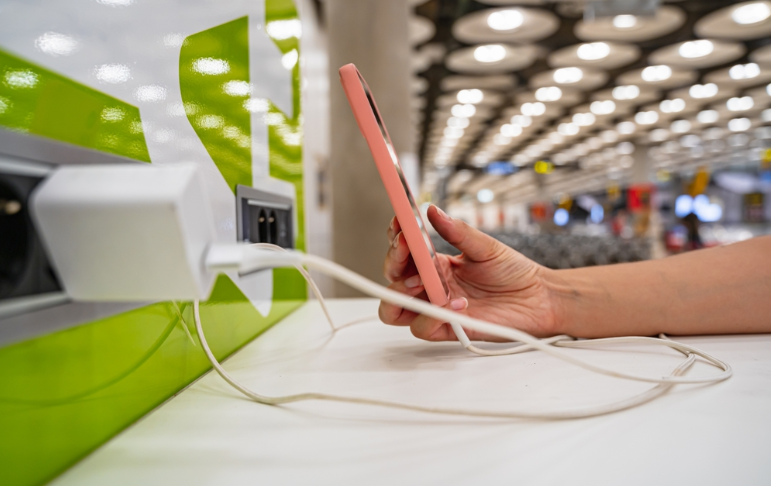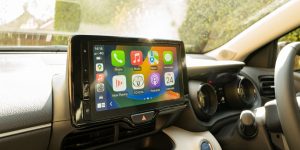Investing in a power bank is a wise decision.
Others are reading now
When we’re at an airport and our flight is delayed, there isn’t much else to do but pull out our smartphones and pass the time.
If the flight is significantly delayed, our phones may run out of battery, and the most natural reaction is to look for an outlet to recharge them.
However, you should be cautious about this, advises security expert Jae Ro.
As reported by Nyheder24.
Also read
“These ports can be manipulated to install malware on your mobile. It’s possible that you won’t notice the malware, but it can quietly steal sensitive information like passwords and banking details,” says the expert.
Moreover, there is also a risk of ‘juice jacking.’
This term refers to the installation of malicious software through a USB port, which then transmits your personal data and passwords directly to a criminal hacker when you plug in your phone to charge.
“Once infected, your phone becomes vulnerable not only at the airport but wherever you are.”
Finally, the expert warns that charging in an airport can lead to data exposure – and this is true even if the charging station hasn’t been compromised:
“Charging stations can transmit both data and power. While some phones prompt users to choose between ‘charging only’ and ‘file transfer mode,’ this is often bypassed by charging stations. As a result, your device can be vulnerable to data exposure. This stolen data can later be used for identity theft or sold on the dark web,” explains the expert.
So, the next time you’re stuck in an airport and considering charging your phone, it might be worth thinking about these risks. Perhaps it’s time to consider investing in a power bank.








